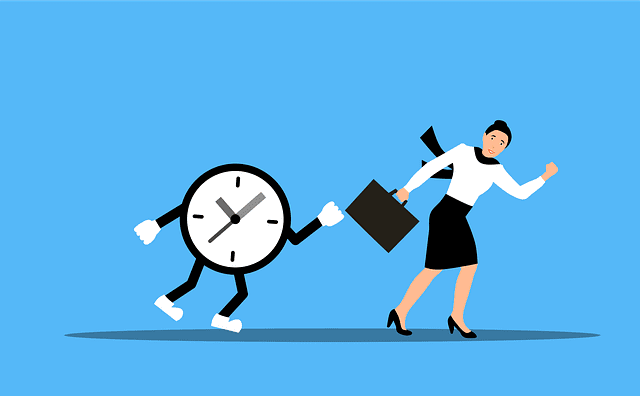
If you manage a team of employees, you’re always looking for ways to increase productivity. After all, a productive team is a successful team. And a successful team is good for business. But how do you go about increasing productivity? It’s not as simple as asking your employees to work harder. In fact, that could have the opposite effect. The key to increasing productivity is to create an environment that supports and encourages it. Here are some tips on how to do just that.
Employee productivity is a measure of how much work an employee is able to complete in a given period of time. It is important because it affects the bottom line of a company – the more productive employees are, the more profitable the company will be.
There are a number of factors that affect employee productivity, including:
Improving employee productivity can be challenging, but it is important to consider all of these factors when trying to identify ways to improve it. Some common strategies for improving employee productivity include:
The cost of low employee productivity can be significant. A study by the American Management Association found that businesses lose an estimated $75 billion each year due to low employee productivity. There are a number of factors that contribute to low employee productivity, including poor time management, distractions, lack of motivation, and inadequate training. As the people from RenitConsulting.com say, slow logins, outdated machines, legacy services, and improper practices lead to lower employee efficiencies. Poor time management is a major contributor to low employee productivity. Employees who do not manage their time effectively often find themselves working on tasks that are not priorities, which can lead to missed deadlines and subpar work.
Distractions are another common cause of low employee productivity. Employees may be distracted by personal issues, workplace drama, or simply browsing the internet during work hours. Distractions can prevent employees from completing tasks in a timely manner and can lead to errors and mistakes. Lack of motivation is another factor that can contribute to low employee productivity. Employees who are not motivated to do their best work often find themselves slacking off or skipping work altogether. This can have a negative impact on both individual performance and team morale.
Inadequate training can also lead to low employee productivity. Employees who do not receive proper training may have difficulty understanding their responsibilities or may not be equipped with the necessary skills to complete their tasks effectively. This can lead to frustration and confusion, which can ultimately hamper productivity.
There are a number of ways to improve employee productivity. One way is to provide employees with the tools they need to do their jobs effectively. This may include investing in new technology or providing training on how to use new software. Another way to improve employee productivity is to create a positive work environment. This means making sure that employees feel comfortable and motivated in their work. This can be done by providing breaks, encouraging social interaction, and offering perks such as flexible working hours.
Finally, you can improve employee productivity by setting clear goals and expectations. Employees need to know what is expected of them in order to be able to meet these expectations. Be sure to give feedback on performance so that employees know what they need to improve upon. Additionally, offer rewards for meeting or exceeding productivity goals to further motivate employees. Keep in mind that different employees will have different productivity needs, so it is important to tailor your approach to each individual.

If you’re looking for ways to improve the productivity of your employees, there are a few things you can do. First, make sure they have the right tools and resources they need to do their jobs effectively. Second, give them clear goals and objectives to work towards. Finally, provide regular feedback so they know how they’re doing and where they can improve.
By following these steps, you can create a more productive workforce that will help your business succeed. Keep in mind that these benefits are just a few of the many that can be gained by improving employee productivity. The more productive your employees are, the better off your business will be.